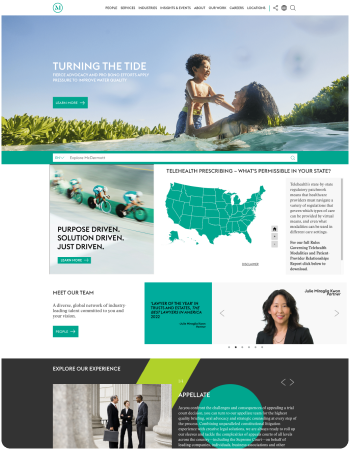Partnering with a nearby digital services provider lets you outsource to expert teams in regions like Latin America. This approach brings several benefits: cost savings, scalability, cultural affinity, and time zone alignment, among others.
At Pixel506, a 10 Pearls company, we excel in providing exceptional nearshore services to clients throughout the Americas. With a team of 800+ skilled professionals in Latam, we're the ideal partner for software development, UX/UI design, web development, quality assurance, and more.











